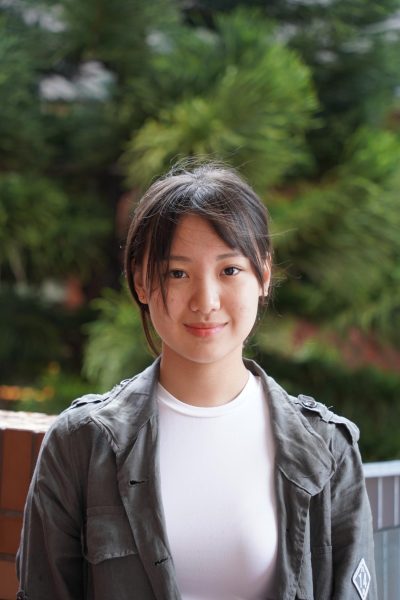Breaking a long-standing academic tradition, Taipei American School (TAS) has recently introduced a significant change to its curriculum: exam week, at least as we once knew it, will no longer exist. This shocking change was not widely announced in advance, and instead, students and teachers alike became aware of it during the first full week of school through trickle-down news.
Initially, students celebrated this change, assuming that final exams as a whole had been cancelled. However, as the initial excitement from the rollout has died down, uncertainty and bewilderment have taken their place. Does this mean cumulative semester exams encompassing multiple units are completely gone, or will we just take them in class? Will the final exam be replaced by some other unconventional real-life application project? Due to how most students and even some teachers heard about this, through word of mouth, there has been widespread misunderstanding. Final exams haven’t been cancelled—teachers can still administer in-class final exams if they want to. But exam week, where we don’t have classes in preparation for exams, has been cancelled.
The delayed official announcement, Upper School Principal Ms. Becky Read explains, was due to the inconvenient timing in which the change had been approved. The decision had been approved at the end of the previous school year, and the school administration decided to wait until the parent meeting during the second week of school to send out a formal letter. By that time, class syllabi had already been distributed. The timing was tight, leaving little opportunity for the school administration to announce the change officially before word got out.
Ms. Read emphasizes that this change was the result of a task force of teachers and administrators that had been looking into current research regarding assessments and their effectiveness in helping students learn for all of last year. Interestingly, they’d concluded that final exams do not help facilitate learning. Ms. Read states that due to the terminal nature of final exams, “they don’t give students feedback about how they are learning or what they need to do next or what skills they need to build.” Not only do they not improve student learning, but they also don’t give teachers specific feedback regarding how they should adjust their teaching methods.
Additionally, the task force also looked at TAS’s specific situation. Only about 40% of TAS teachers give final exams. This discrepancy makes exam week an inefficient way to end the school year, as valuable instructional time is interrupted. “It seemed not a good use of time to end the classes for something that only 40% of the faculty were holding and knowing that it isn’t necessarily best practice,” Ms. Read said.
In response to these findings, realizing the need to reform TAS’s end-of-year exam policies, the task force proposed the decision to cancel exam week. The heads of department voted in favor of this proposal, and Mr. Frankenberg, the Head of School, approved of it. What has been finalized so far is a deadline for homework and graded work. After this deadline passes, teachers will not be allowed to collect any additional assessed work.
So, after these dates, what will students do during class? Well, we’ll continue to learn—the only difference is, this learning will not be reflected in our grades. “It’s learning just because learning is a really good thing. And it helps you grow and explore, and it creates continuity for what you’re going to be learning in January. So people will continue to learn, and that’s what we’re really interested in, is making sure that students learn,” Ms. Read said.
Although some students may lament the loss of exam week, by encouraging class time to be used more efficiently and effectively, this new system has the potential to support student learning to a great extent. It emphasizes student growth and is expected to be helpful in terms of giving teachers time to connect content from one year to the next. Again, the task force is still refining the policy and schedule, meaning that not all of our questions can be answered in elaborate detail. But we trust that the task force and the school administration will keep us updated with any changes or important announcements, and that this change will positively impact both students and teachers by creating an environment centered around growth, not grades.

![Students' calendars say goodbye to exam week. [ANNABELLE HSU/THE BLUE & GOLD]](https://blueandgoldonline.org/wp-content/uploads/2025/09/Exam-week-1200x740.jpg)
![A myriad of impressive trophies and awards. [ANNABELLE HSU/THE BLUE & GOLD]](https://blueandgoldonline.org/wp-content/uploads/2025/09/Awards2-1200x512.jpeg)
![A collection of college flags. [PHOTO COURTESY OF AMBER HU ('27)]](https://blueandgoldonline.org/wp-content/uploads/2025/05/IMG_5029-1200x577.jpeg)

![An SAT word cloud. [PHOTO COURTESY OF WORDCLOUDS]](https://blueandgoldonline.org/wp-content/uploads/2025/05/SAT.jpeg)
![Collage of banned books, including “The Handmaid’s Tale” by Margaret Atwood. [MINSUN KIM/ THE BLUE & GOLD]](https://blueandgoldonline.org/wp-content/uploads/2025/04/IMG_4274-1200x681.jpeg)

